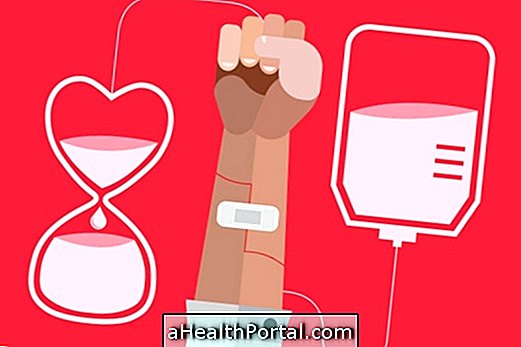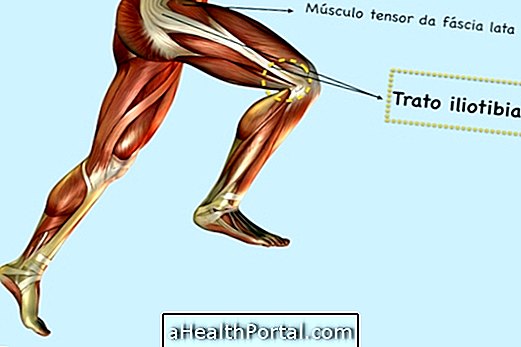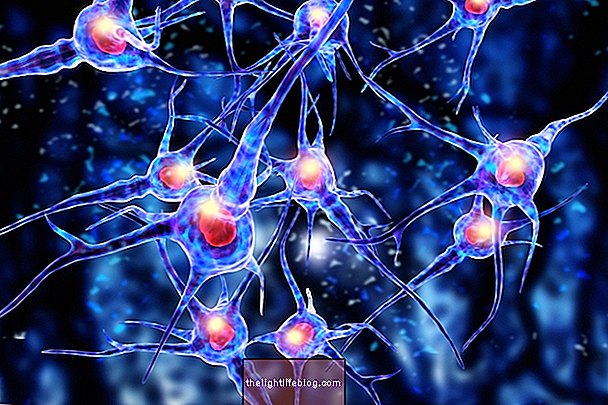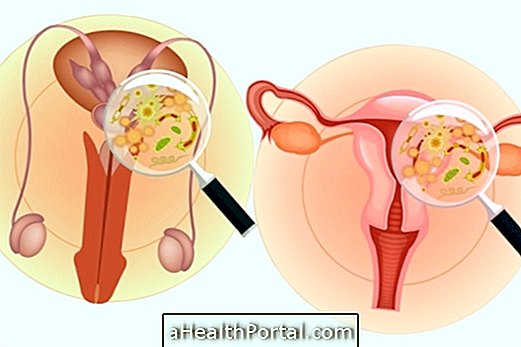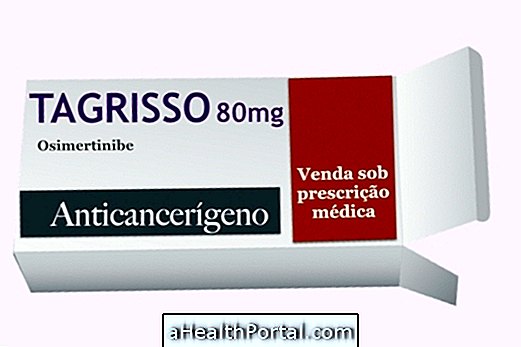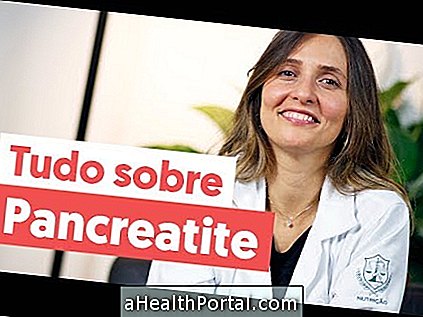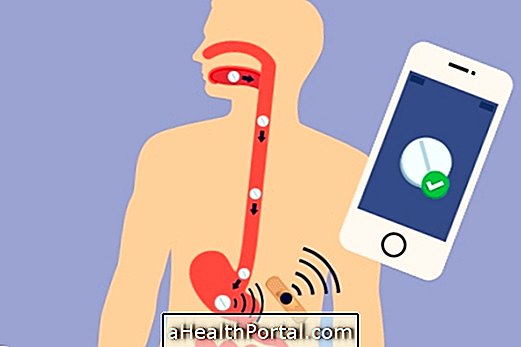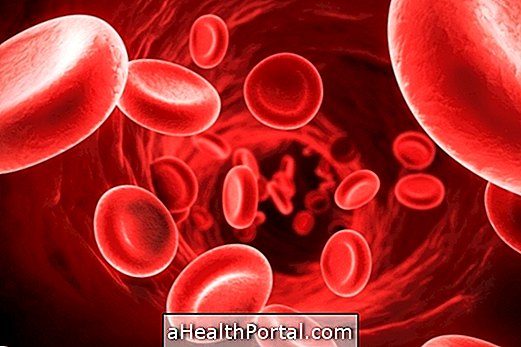Delirium, also called D elirium Tremens, is a state of mental confusion that arises abruptly, and causes changes in consciousness, attention, behavior, memory, thought, orientation or other area of cognition, leading to behavior that often alternates between excessive drowsiness and stirring.
Also known as the Aggressive Confusional State, delirium is related to changes in brain activity, and usually affects hospitalized elderly or with some type of dementia, such as Alzheimer's disease, or people abstinent from alcohol and drugs, despite its exact cause is still unclear.
To treat delirium it is recommended to initially correct the factors that may be triggering this situation, such as treating an infection, adjusting the medication, organizing the environment or regularizing sleep, for example. In the more severe cases, the doctor may also indicate the use of antipsychotic drugs, such as Haloperidol, Risperidone, Quetiapine or Olanzapine.
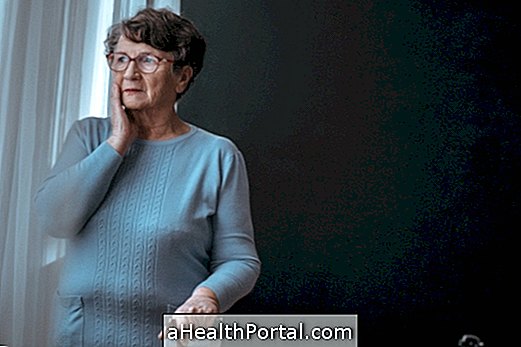
How to identify
The main symptoms that indicate delirium are:
- Inattention;
- Drowsiness or numbness;
- Agitation;
- Inability to obey commands;
- Inversion of the sleep-wake cycle, in which one stays awake during the night and drowsy during the day;
- Disorientation;
- Do not recognize family members or people you know;
- Memory changes;
- Hallucinations;
- Anxiety.
An important feature of delirium is its acute installation, from one hour to another, and, in addition, it has a floating course, that is, it varies between moments of normality, agitation or drowsiness during the same day.
How to confirm
The diagnosis of delirium can be confirmed by the physician through the use of questionnaires such as the Confusion Assessment Method (CAM), which indicates that the fundamental characteristics for confirmation are:
| A) Acute change in mental state; | Delirium is considered in the presence of items A and B + C and / or D |
| B) Significant decrease in attention; | |
| C) Change in level of consciousness (agitation or drowsiness); | |
| D) Disorganized thinking. |
It is important to remember that " Delirium" is different from "Delirium" because it means a psychiatric alteration characterized by the formation of a false judgment about something, in which the person has a conviction of something impossible. In addition, unlike delirium, delirium has no organic cause and causes no changes in attention or awareness.
Learn more about this change in What It Is and How to Identify Delirium.
Main causes
The main risk factors for the development of delirium include:
- Age greater than 65 years;
- Having some type of dementia, such as by Alzheimer's disease or dementia by Lewy bodies, for example;
- Certain medications, such as sedatives, sleeping pills, amphetamine, antihistamines or some antibiotics, for example;
- Be hospitalized;
- Have undergone surgery;
- Malnutrition;
- Dehydration;
- Alcohol or drug abuse;
- Physical restraint, such as being in bed;
- Use of many medications:
- Sleep deprivation;
- Change of environment;
- Have some physical illness such as infection, heart failure or kidney pain, for example.
In the elderly, delirium may be the only manifestation of any serious illness such as pneumonia, urinary tract infection, stroke, stroke or changes in blood electrolytes, for example, so whenever it arises it should be quickly evaluated by the geriatrician or general practitioner.
How is the treatment done?
The main way to treat delirium is through strategies that help guide the person, such as allowing contact with family members during hospitalization, keeping the person oriented in relation to time, making him / her access to the calendar and clock and maintaining an environment calm, especially at night, to allow a peaceful sleep.
These strategies stimulate the return to consciousness and the improvement of the behavior. In addition, older people who wear glasses or hearing aids should have access to them, avoiding difficulties in understanding and communicating. Check out more guidelines on what to do to get along better with the elderly with mental confusion.
The use of medications is indicated by the physician, and should be reserved for patients with significant agitation, posing a risk to their own or others' safety. The most commonly used drugs are antipsychotics such as Haloperidol, Risperidone, Queitapine, Olanzapine or Clozapine, for example. Already in cases of delirium caused by alcohol withdrawal or illicit drugs, the use of sedative drugs such as Diazepam, Clonazepam or Lorazepam is indicated.
